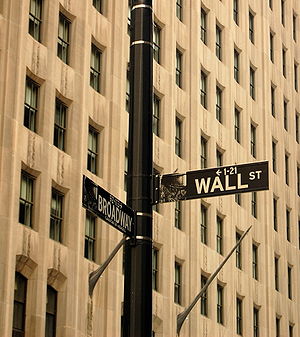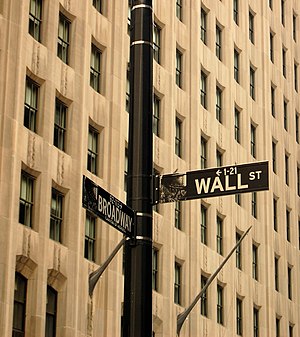or #OccupyWallStreet and our fear of protests
A favorite line over the last two weeks has been:
I’m surprised this didn’t happen sooner.
Of course it did, but the media doesn’t really like protests. It is surprising since the news is all about sensationalism and big displays of strangeness and upsetting the status quo. It’s just they don’t like protests.
Protests get covered, sort of. But not with any gravitas or with any respect for the subject matter. The protestors are treated as political and intellectual lightweights. Which brings us back to my earlier statement: protests did happen sooner.
The 1999 protests against the WTO known as the Battle in Seattle became the first massive, highly public outcry against corporate excess in recent times. Similar, larger protests were scurried as world leaders sought to shield themselves from public outrage. Even when over a million gathered to protest the coming 2003 invasion ofIraq, the media continued to suggest that there was virtually no public opposition, a statement echoed years later despite continued, regular protests across the country.
The only logical conclusion that can be made is that we don’t want to envision the U.S. as a place that has protests. Think about our view of protests in other parts of the world:
- We like protests in Lybia and Egypt because we want those places to be more like we are.
- We don’t like protests in France and Greece because we think they are spoiled and need to get off of their asses.
- We ignore our own protests because…
Well, there’s only one answer, right? We think we’re above them. We think protests are common, low. We believe that those engaging in protest are somehow trying to use a shortcut to achieve undeserved ends.
It is our puritanical roots, really. It is the Protestant work ethic run amok alongside the WASPy demand that everybody stay calm and not get too riled up. Everybody chill! Let’s all just calm down and we can talk about this reasonably. Officers, escort these kindly young people to the “executive suite” where we will pinch their cheeks and say “Awww! Aren’t you cute! If only you understood economics!” Now, if we could only get the schools to properly prepare our children for the realities of corporate profiteering and disaster capitalism!
The media doesn’t think we want to hear or see protests of any kind because they are seen as unseemly and outside the regimented democratic process. That’s fine for toppling dictatorships, but almost “too” democratic for our slightly-democratic republic.
Nobel Prize winner, Joseph Stiglitz, after speaking to the crowds on Sunday described the lunacy of having to have his remarks passed out verbally throughout the crowd like the game of telephone because he wasn’t allowed by the police to use a megaphone—the basic tool of communicating to a crowd of people. The point he made was that we have incredible liberty when it comes to most of what we do, but incredible restrictions on our ability to protest.
The sooner we realize that protests like Occupy Wall Street are more an outgrowth of democracy, particularly with its egalitarian and network-driven grassroots leadership, than any attempt to bargain behind closed doors with corporate leaders, the sooner we might realize an embarrassing truth about our country:
Other places just might do democracy better.
Related articles
- Vacancy (slate.com)


Leave a Reply